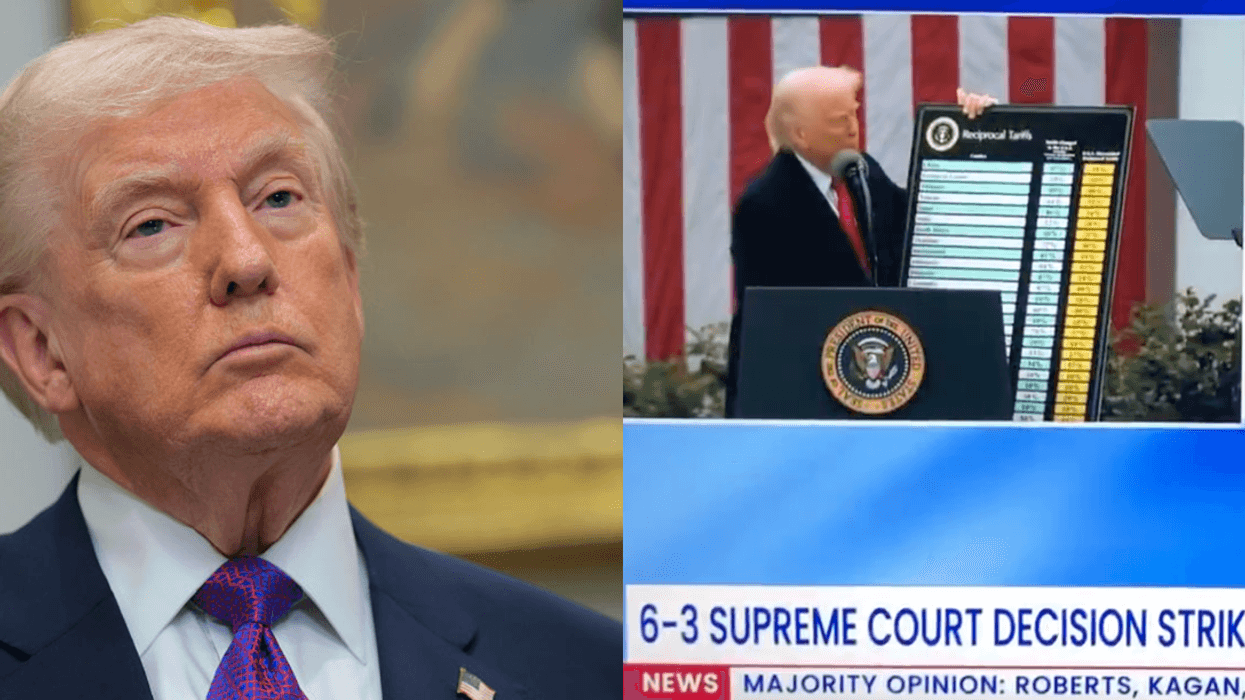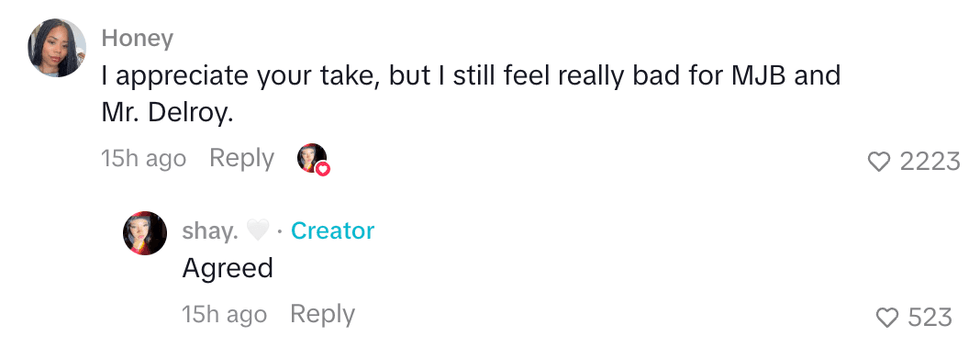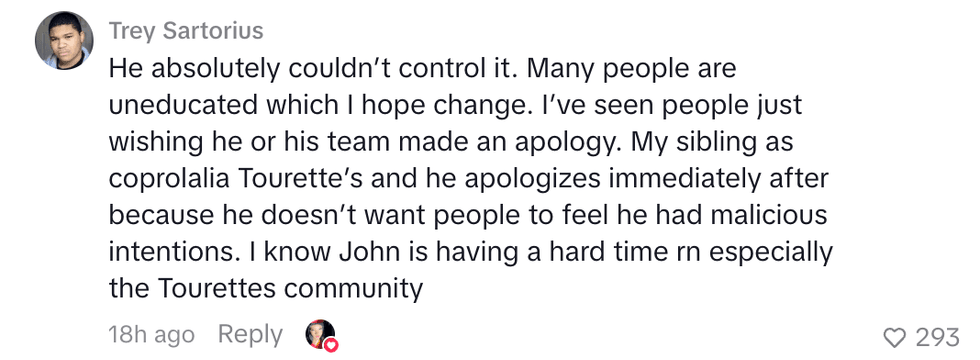It's no secret that teaching is a complex, taxing job as teachers tailor their lessons and day plans to the particular needs of their students, all while managing a classroom, tracking student development, observing social and psychological cues, grading endless assignments, and completing the dreaded parent-teacher conferences.
But just like any other profession, there are certain insider secrets that potentially all classrooms share, at least to a point.
A teacher shared on @bored_teacher's TikTok account a series of "insider teacher secrets," including classroom read-alouds, participation points, the time-honored tradition of Movie Day, and, of course, what teachers really do when it's time to give a parent some critical feedback about their child.
The last video in the series so far, which targets giving feedback to parents, brings up the touchy subject of having to give negative feedback to someone. But not just anyone: a parent who likely wants to believe their child is the best student since Sliced Bread sat in a classroom.
The teacher points out that teachers collectively offer feedback through veiled compliments, like this:
"When we use phrases like, 'Your child is very social,' that means they won't stop talking."
You can watch the full video here:
@bored_teachers Have you used our secret Teacher Code when talking with parents?? 🤫 #teachersoftiktok #teacherlife #secret #teacher #parents
This teacher takes a satirical approach in her videos, portraying teachers as overly candid, burnt out, and apathetic while completing their educational duties, a far cry from what people often think of because of movies like Freedom Writers and Coach Carter.
The video quickly garnered serious attention with over 70,000 views and nearly 4,000 likes. But TikTok found itself incredibly divided over the "secret code" this teacher seemed proud of.
On the one hand, some people were very familiar with the secret code and saw the merit in it.







But most of TikTok did not sugarcoat their dismay of not offering direct constructive criticism.









Given how people respond to constructive criticism, it makes sense why TikTok was so divided about this secret code.
Some would rather hear the brutal truth, so they know exactly where they stand and have something concrete to work on improving.
But others prefer the "ignorance is bliss" approach or are otherwise very sensitive to any sort of feedback, making it difficult to hear their little loved one may not be their teacher's absolutely favorite student ever in all the land.















 @BasedMikeLee/X
@BasedMikeLee/X @ChrisMurphyCT/X
@ChrisMurphyCT/X @cjoan223817
@cjoan223817

 @wideofthepost/X
@wideofthepost/X @mrmikebones/X
@mrmikebones/X @USA_Polling/X
@USA_Polling/X
 @twilitash/TikTok
@twilitash/TikTok @kided3263/TikTok
@kided3263/TikTok @itsmaybemadi/TikTok
@itsmaybemadi/TikTok @krysten888/TikTok
@krysten888/TikTok @zilennialbabe/TikTok
@zilennialbabe/TikTok @treysartorius/TikTok
@treysartorius/TikTok